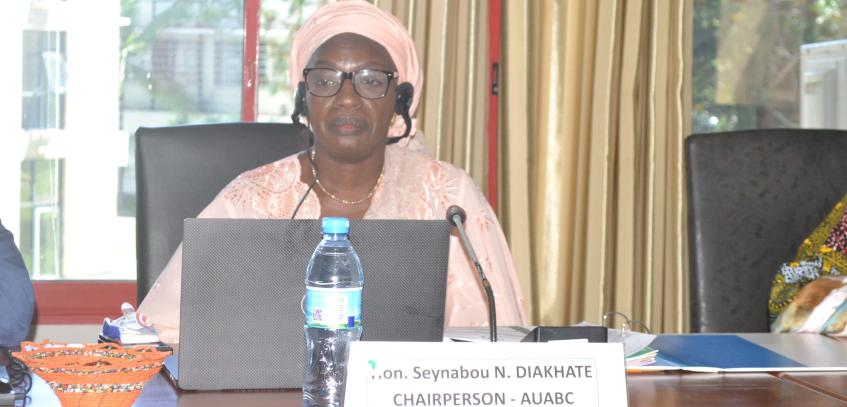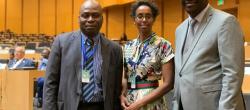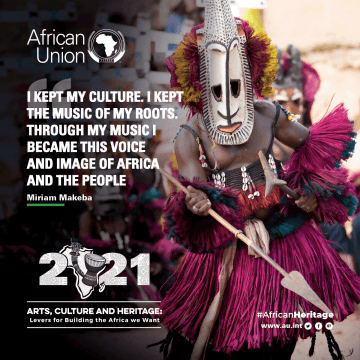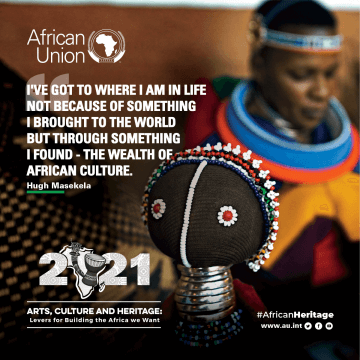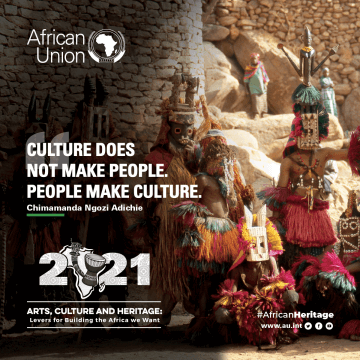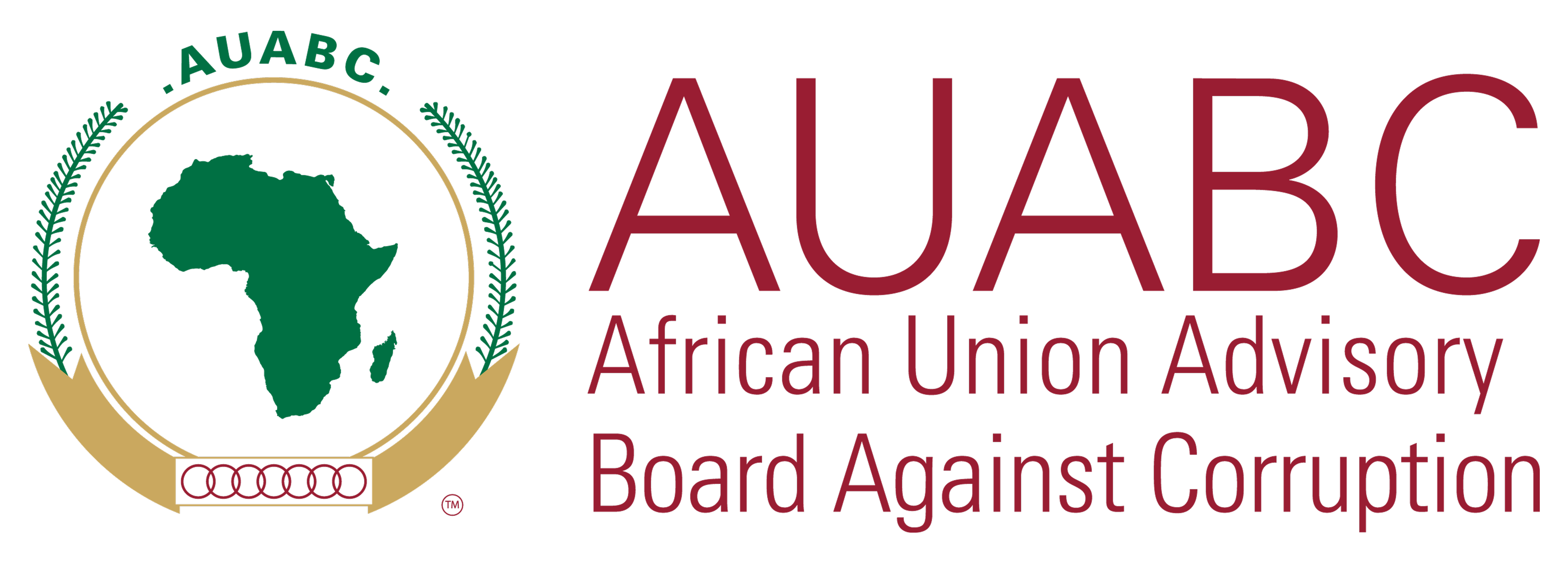PRESS RELEASE
CAPAR, Vital to Africa’s Asset Recovery, Management – AUABC, PAL
Ex-ICPC Boss Canvasses Stronger Dissemination of CAPAR Principles
The African Union Advisory Board Against Corruption (AUABC) and the Pan African Lawyers Union (PALU), a continental umbrella association of and for lawyers in Africa, have described the Common African Position on Asset Recovery (CAPAR) as a vital policy instrument for the recovery and management of African assets from the foreign jurisdictions.
The Chairperson of the AUABC, Hon. Seynabou Ndiaye Diakhate and the Chief Executive Officer of PALU, Mr. Donald Deya, made this known at the Tenth Conference of States Parties (COSP) to the UNCAC held at the Georgia World Congress Centre in Atlanta, United States.
Speaking at one of the side events of the Tenth COSP, Diakhate said CAPAR provides the platform to strengthen the tracing, identification and recovery of stolen assets from the continent.
She stated that the African Union Advisory Board Against Corruption (AUABC) would continue to collaborate with every stakeholder in the fight against corruption and ensure the return of African assets in foreign jurisdiction.
The leader of PALU explained that the CAPAR was the pathway for handling identified proceeds of corruption in the interval between identification, recovery, and eventual return to source countries.
He said, “The CAPAR is a policy advocacy instrument aimed at assisting AU Member States to trace, identify, repatriate and subsequently effectively manage their assets, including items of cultural heritage, in a manner that respects their sovereignty and for the benefit of African peoples who are ultimately victims of illicit financial flows.
“This is reflected through the CAPAR’s four Pillars. Pillar 1 being the detection and identification of illicitly removed assets; Pillar 2, Recovery and Return of Assets; Pillar 3, Management of Recovered Assets, and Pillar 4 being Cooperation and Partnerships.”
Deya, who is a member of the CAPAR Working Group, disclosed that the group had developed a draft Legal Framework for Asset Recovery by African States which comprises a model framework agreement for the return of African assets.
The working group, according to him, has also developed a proposal for setting up an Escrow Account for African Union (AU) Member-States and a model Escrow Agreement with the African Development Bank or any other approved African Multilateral Bank.
The CAPAR, Illicit Financial Flows, Asset Recovery, Beneficial Ownership and Misuse of Corporate Vehicles, Civil Society’s Role in Addressing Enablers of Corruption and Reducing Gender Inequalities dominated the discussions at the breakout sessions of the 10th COSP.
Also speaking at the 10th COSP, the Immediate Past Chairman of the Independent Corrupt Practices and Other Related Offences Commission (ICPC), Prof. Bolaji Owasanoye, SAN, OFR, canvassed stronger dissemination of the CAPAR principles and capacity building for the role players.
Prof. Owasanoye, who was a member of the United Nations High Level Panel on International Financial Accountability, Transparency and Integrity (otherwise known as the FACTI Panel), explained that stronger dissemination of the CAPAR principles and capacity building had become imperative to prevent illicit financial flows, enhance asset recovery and management capabilities, and preserve the sovereignty of the African States on the utilisation of recovered assets.
He advocated the use of more global and regional platforms such as the Conference of States Parties (COSP) to propagate the CAPAR.
A member of the Thabo Mbeki-Led-African Union High Level Panel on Illicit Financial Flows, Ambassador Segun Apata commended the Panel and the CAPAR Working Group for the strong advocacy on the policy instrument at the 10th COSP in Atlanta, United States
He urged the African Union High Level Panel and the CAPAR Working Group to keep the policy document and the issue of asset recovery on the front burner of discourse in international and regional meetings.
THURSDAY, 14TH DECEMBER, 2023








